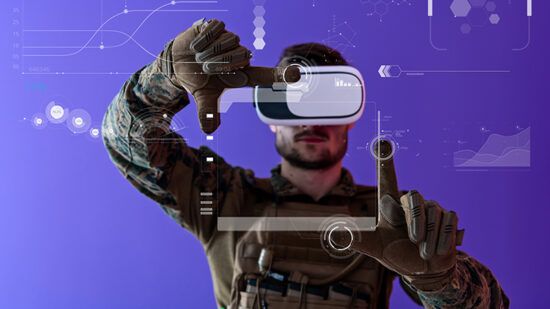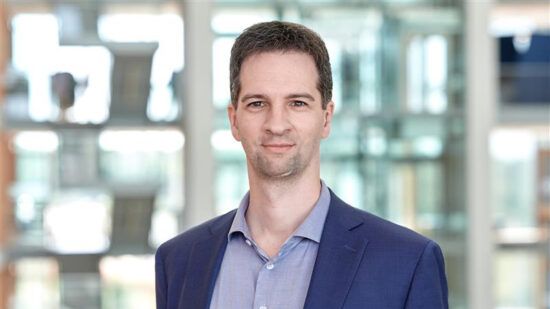Defence ETFs saw the most net inflows of nearly $4.2bn in the first quarter of 2025, representing 72% of total net inflows ($5.78bn) into European ETFs, according to ARK Invest Europe’s latest thematic update.
Investor positioning in defence remains robust. The demand for next-gen military and aerospace technology continues to attract capital, with defence-tech firms benefiting from increased procurement budgets globally.
Also read: Sustainable defence: Dilemma or oxymoron?
Artificial intelligence (AI) ETFs ranked second with $678m in net inflows. AI “remains the defining technological revolution”, with investor appetite fuelled by relentless innovation in large language models, robotics, and autonomous systems.
European ETF flows, Q1 2025

In contrast, clean energy ETFs posted the weakest Q1 2025 net flows, with a loss of $227m. Capital continues to exit clean energy ETFs as investors adjust to a new global policy landscape. Instead, investors are redirecting capital toward solutions such as nuclear energy, grid modernisation and energy efficiency, which are less dependent on policy incentives.
EV and battery tech ETFs recorded the second-worst net flows at -$136m. Near-term headwinds – ranging from subsidy rollbacks to a cooling demand environment – have weighed on sentiment.
Commenting on the flows, Rahul Bhushan, managing director at ARK Invest Europe, said: “Given the not insignificant geo-political and economic shifts in the first part of this year, it is not surprising to see investors cooling off on certain themes, such as EVs and battery tech with a significant shift to Defence, AI and cybersecurity. As ever, it is clear now that the only constant is uncertainty, so it will not surprise us if the next quarter sees further remarkable shifts.”








